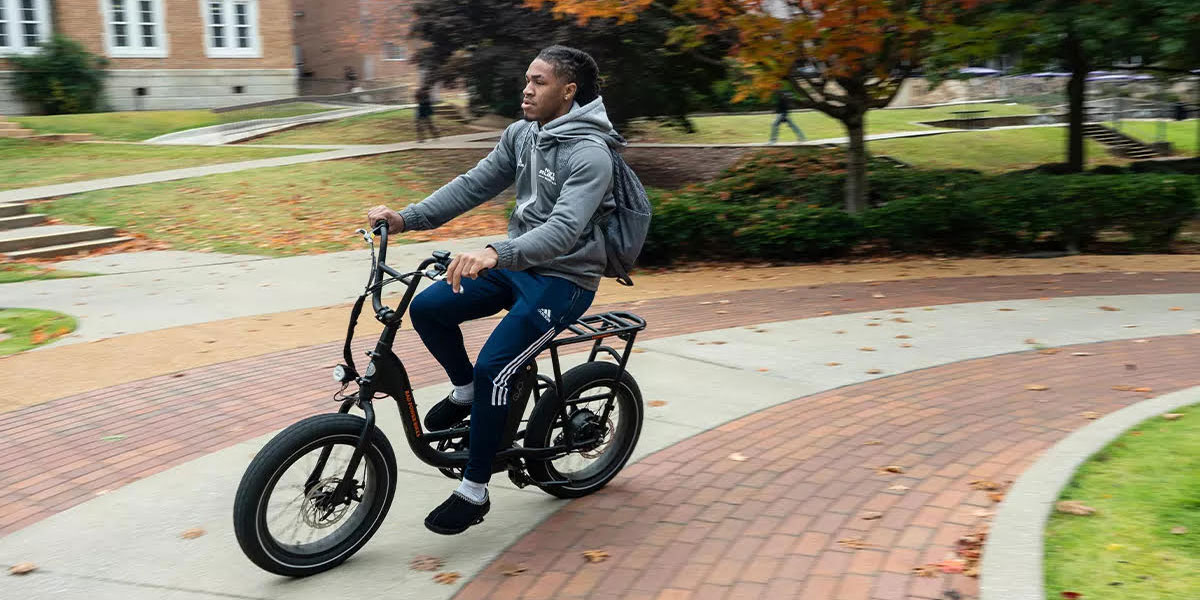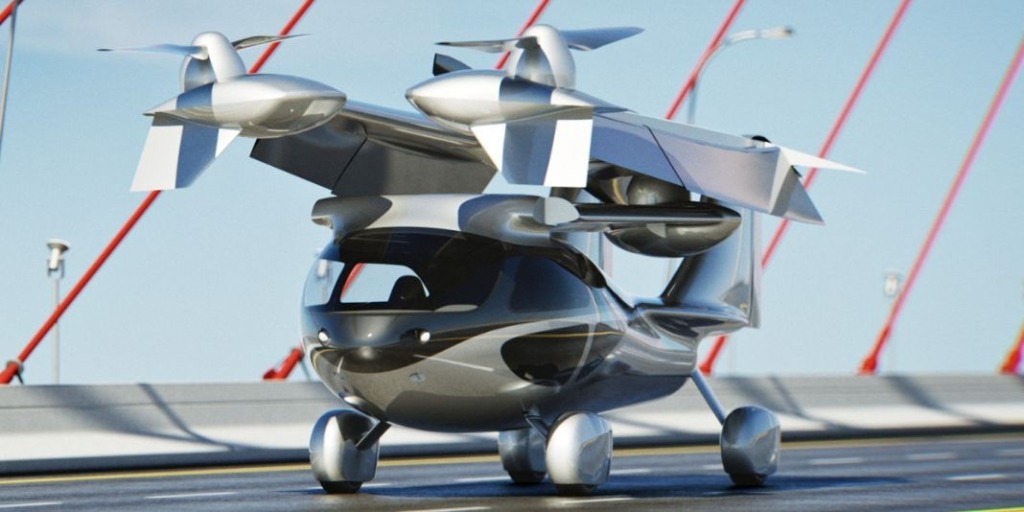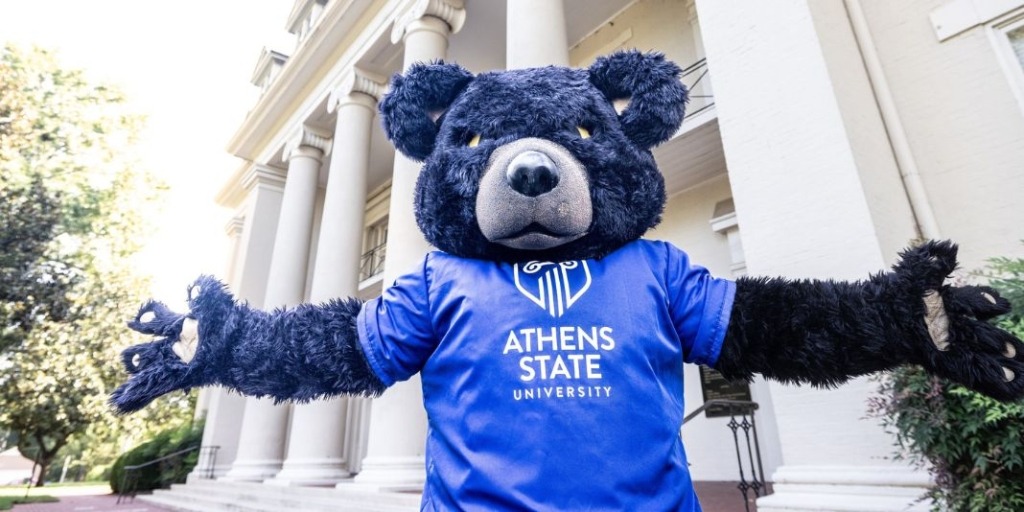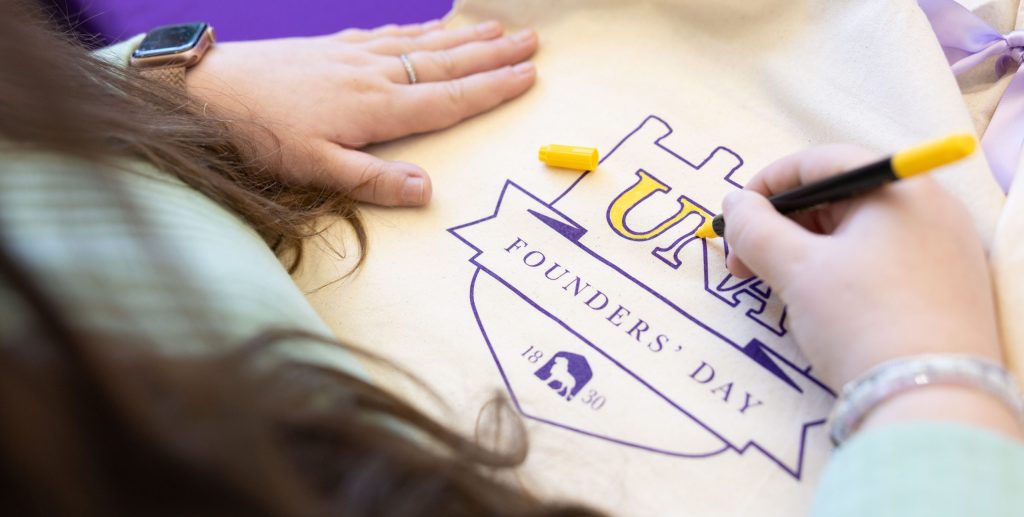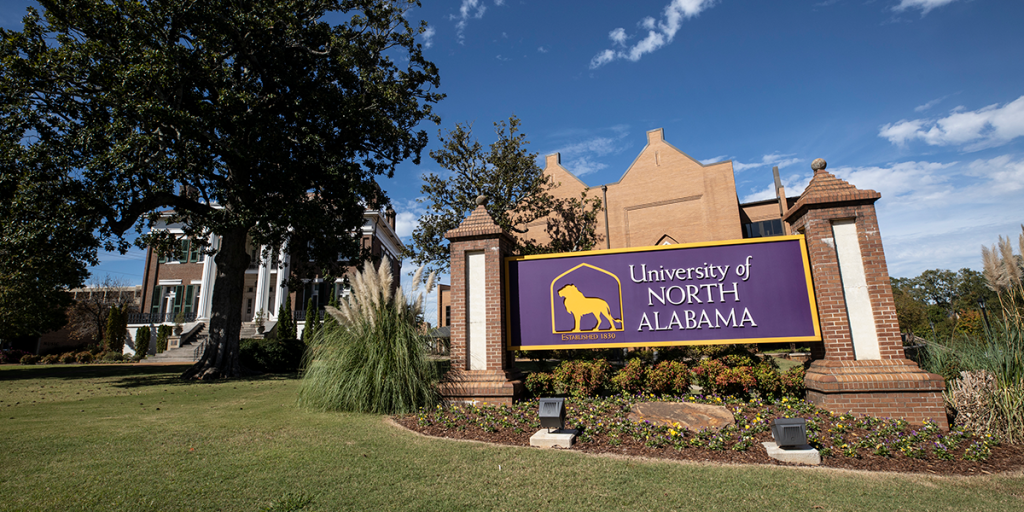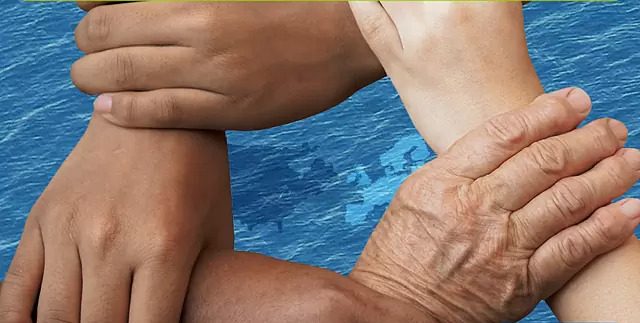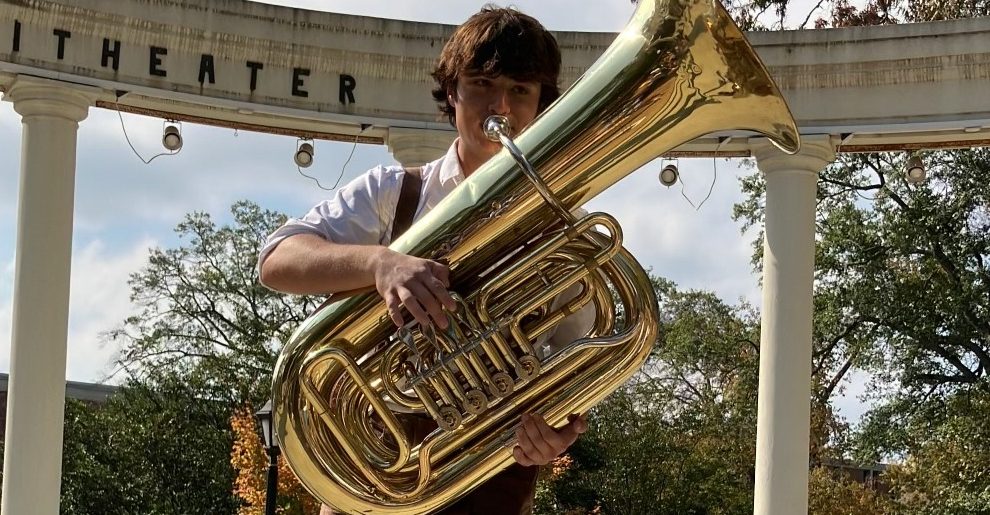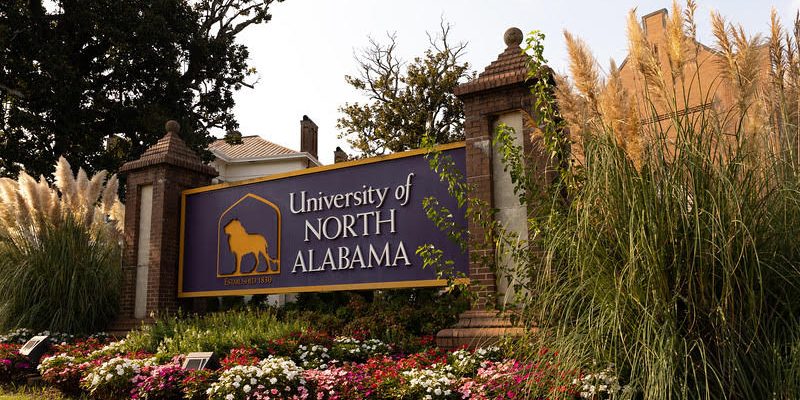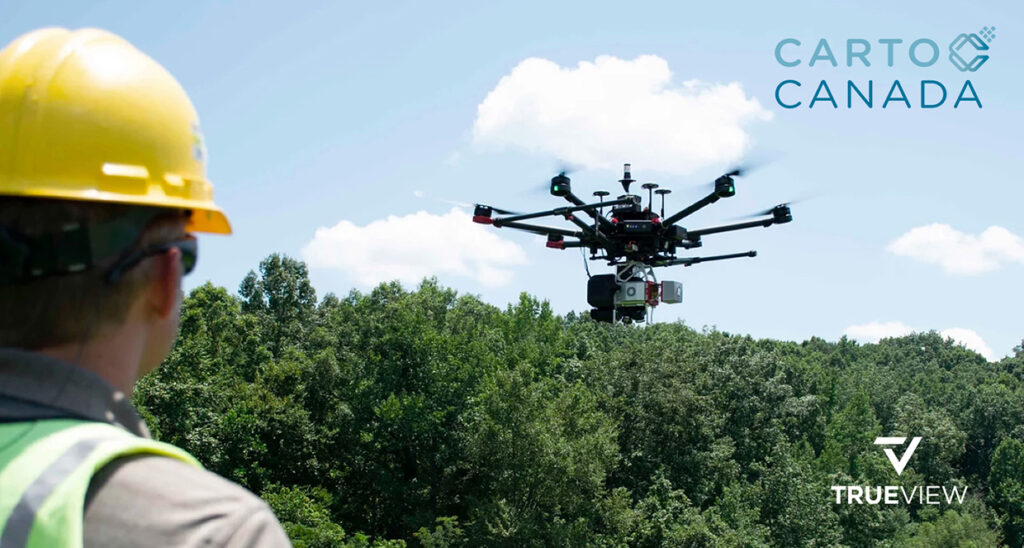FLORENCE — The Anderson Bike Program launched this fall at the University of North Alabama is designed to provide an additional means of getting to and from campus.
The first 25 electric bikes were provided to the university by The Joel R. Anderson Family Foundation. In addition to the electric bikes, the foundation also provided helmets and four bike racks to ensure safety for the rider as well as the e-bike.
“We believe that people should have options about how they get around,” Joel Anderson II said. “The important thing for us is the way people move throughout the day and the type of transportation they use that affects their day-to-day.”
How the bikes came to be at UNA began last fall when Anderson reached out to Glenda Richey, director of Student Recreation, about distributing the bikes. She said she was eager and ready to volunteer to make this happen.
“I was just like ‘Please let us do it; let me coordinate this,’ ” Richey said. “I can do this!”
During the course of the next several months, Richey worked out the distribution plan. Each applicant is asked where they live and if have transportation. Applicants who live several blocks away from campus are first on the list.
By the spring, Richey had selected the first 25 recipients in the Anderson Bike Program. Today, there is a waiting list.
At the conclusion of the semester, Richey said the bikes will be returned to be redistributed for the next semester, including the summer.
The electronic bikes have also been given a spin among academics. Graduate students within the Department of Kinesiology used the bikes to give metabolic tests to the students before and after riding them.
“They tested their cholesterol, blood pressure, and body fat,” Richey said. “(The bikes) give research opportunities for all of those who are graduate assistants in kinesiology.”
Because of the success of the program , the Foundation will provide an additional 25 bikes, helmets, and two additional bike racks to campus next spring – bringing the total number of electric bikes on campus to 50.
Richey said this provides an additional benefit – additional parking spaces.
“Just the benefit of having a bike, in general, means you don’t have to worry about a parking space,” she said. “There are bike racks all over campus.”
A graduate student will be paid to help operate the program as well as perform their own research, according to Richey.
“Our hope is that this becomes a permanent offering,” she said. “We think the e-bikes should be an option to check out to get to and from campus and around town.”
Anderson, a foundation director and a member of UNA’s Board of Trustees, is an avid e-bike user, often riding from meeting to meeting in downtown Florence.
“E-bikes are fun and easy to ride,” he said. “All of those were strong reasons to create the program. And when I got mine, I didn’t think it changed much, but, really, it changed everything.
“It almost has a magical feel to it.”


